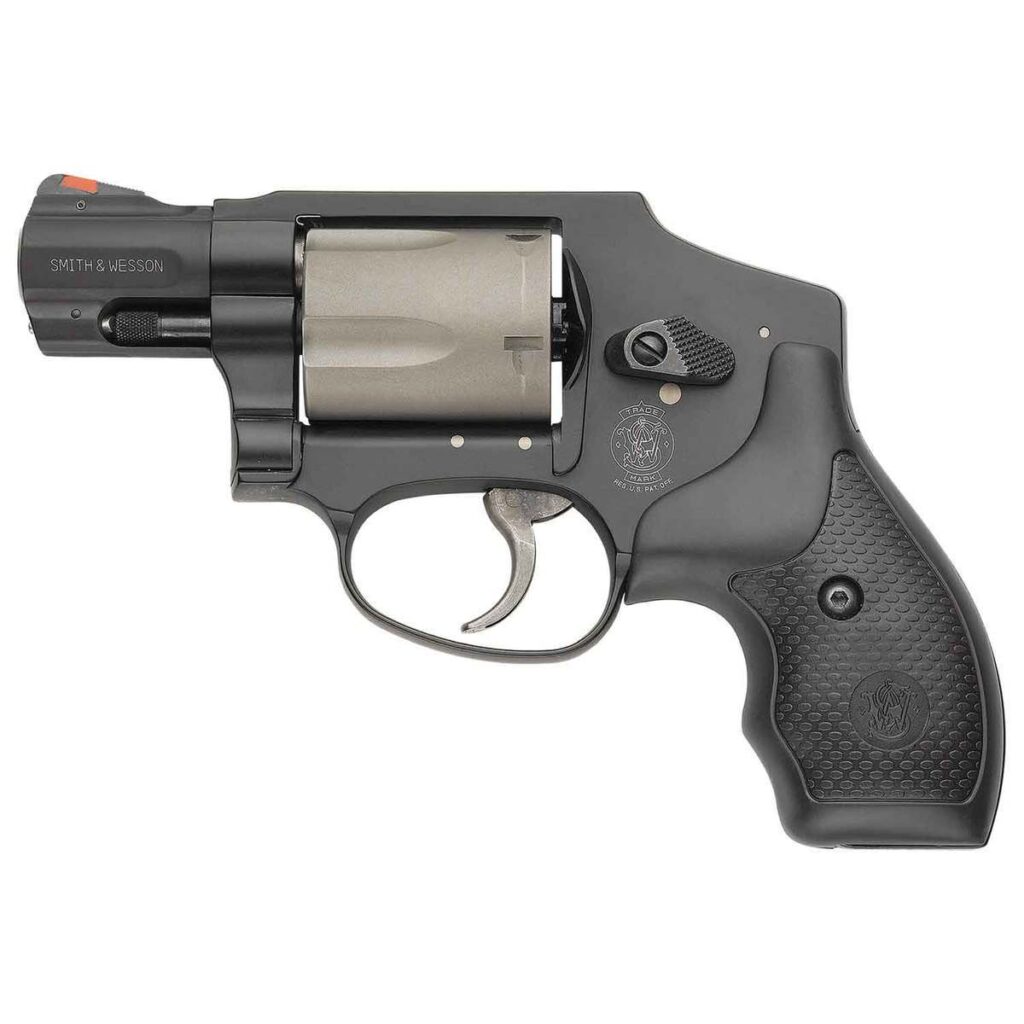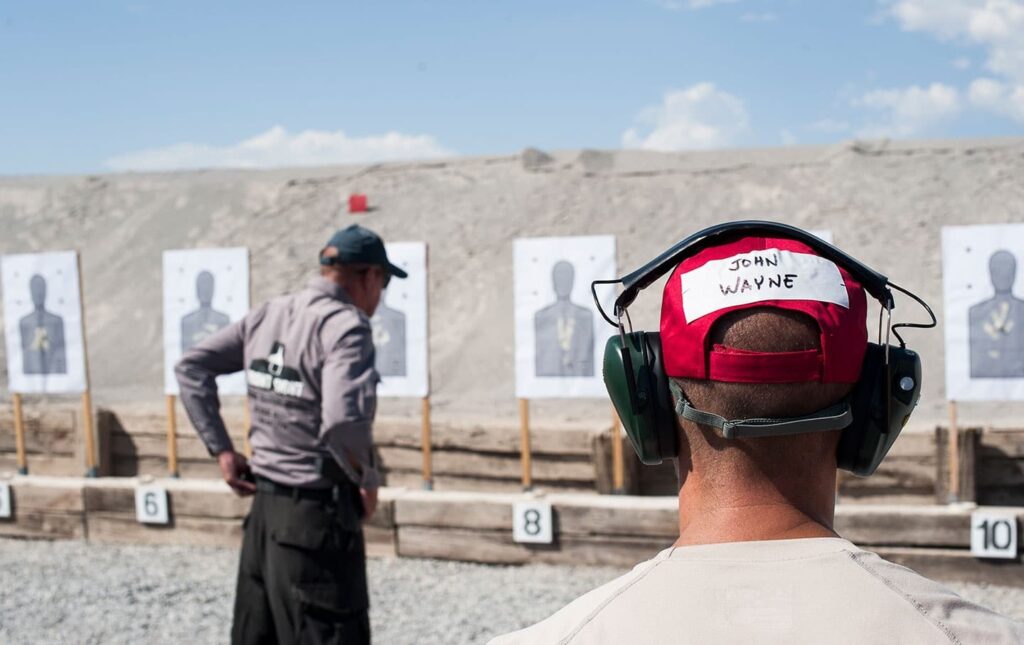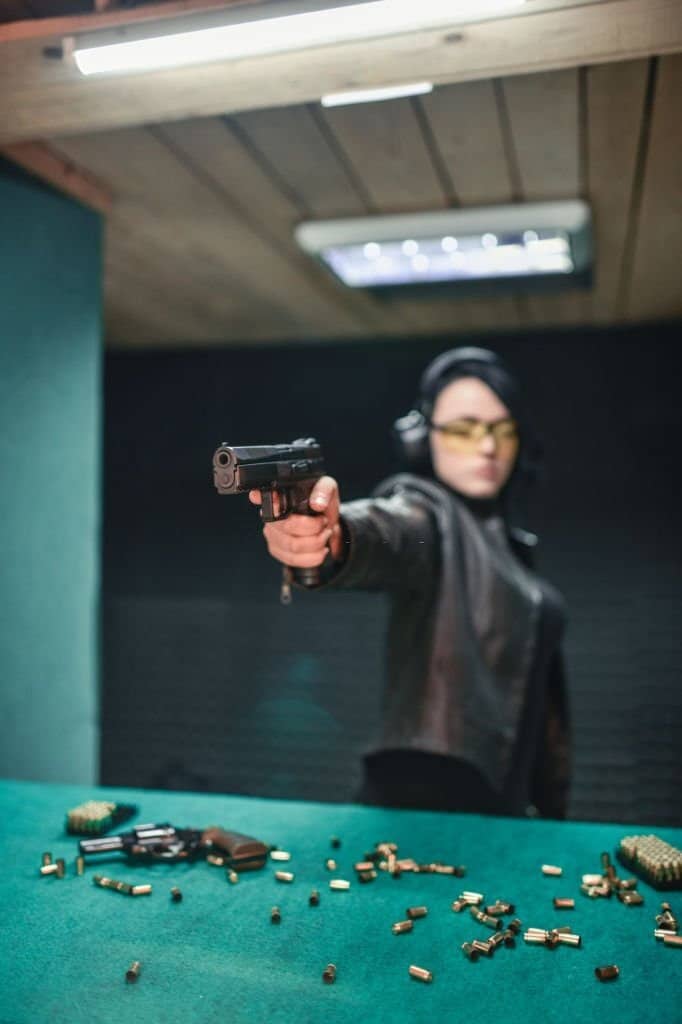The Truth Regarding Handgun Stopping Power, The myth and reality of what it takes to stop a handgun-wielding attacker.
While working in law enforcement, I pointed a handgun at a lot of folks. Except for a few instances, that always worked to stop such individuals from doing terrible things. During that time, I also investigated a number of instances in which both good and bad people were shot with a firearm.
In each instance, the shooter was arrested. When I say “stopped,” I do not suggest that they were killed. By “ceased,” I mean that they were no longer actively engaged in the struggle; they were no longer a threat or concern for the individual who shot them.
The Fear Aspect
Granted, this is only one individual’s experience, but in general, this is the norm, not the exception. When a gun is pointed at a person, they are less likely to pose a threat. The same holds true if you are forced to shoot someone; getting shot has a way of altering a person’s perspective. This is true regardless of the type of ammunition loaded in the weapon used to aim at or shoot an individual. Both the fear of being shot and being shot are horrifying experiences. This is due in part to the fact that we have witnessed hundreds of victims of staged shootings on television, and we know how horrific and dangerous it can be.
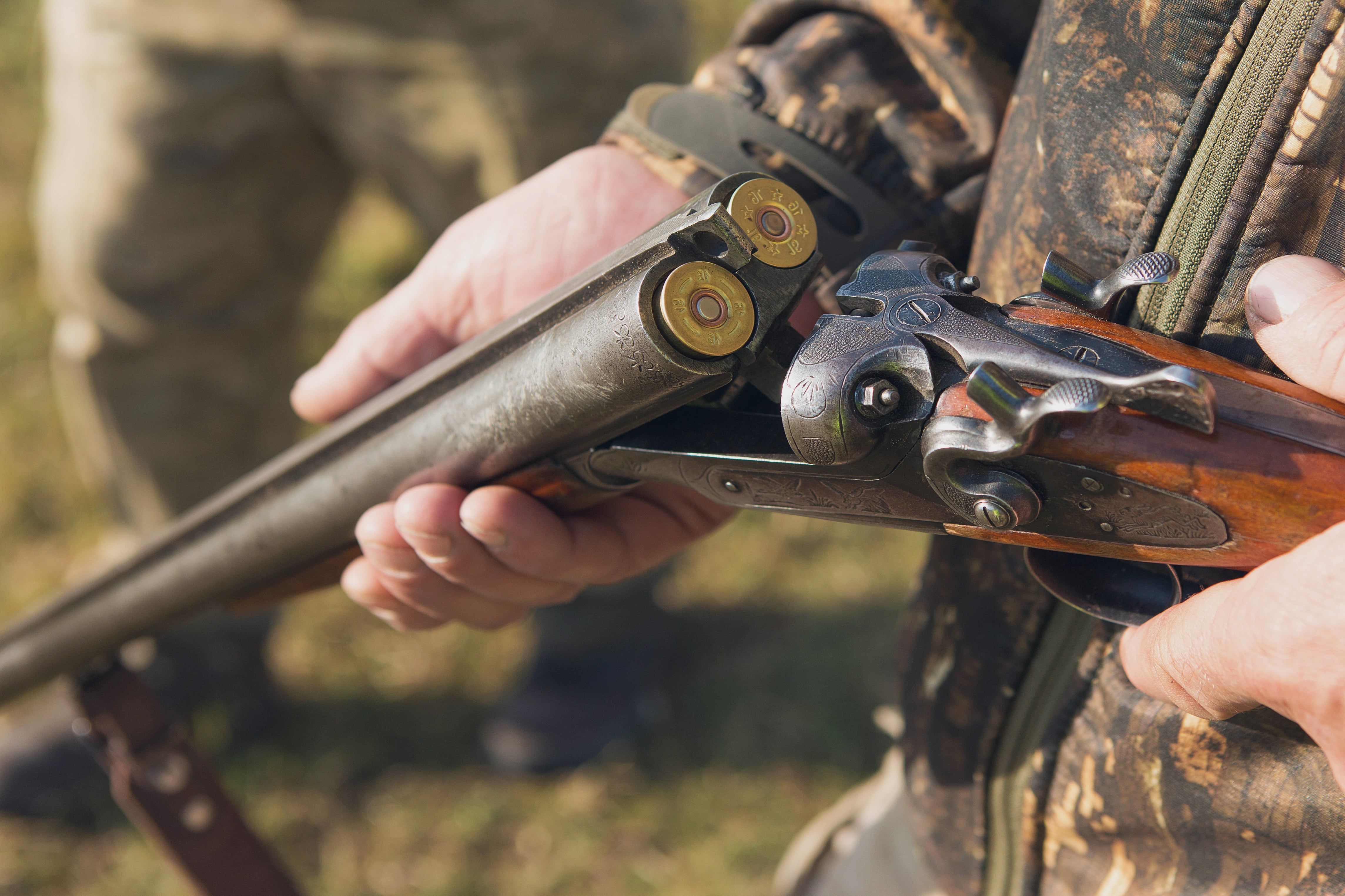
In reality, many handgun wounds are curable with prompt response times and modern emergency care resources. The ability to survive a gunshot is governed more by the location of the wound than by the caliber of the bullet. In spite of this, considerable hours and research have been devoted to identifying which defensive handgun cartridge, load, or bullet may be the most efficient at deterring criminals.
Divergent Expert Opinions
A 1904 study found that the.45 Auto was twice as effective as the 9mm. In 1985, the National Institute of Justice stated the contrary. In 1990, the FBI declared that the.40 S&W was better for both. A year later, another study concluded that high velocity, aggressively expanding pistol ammunition was the most effective.
In contrast, the Naval Weapons Support Center stated that slow 147-grain 9mm ammo was superior. Half a decade later, the Secret Service praised high velocity 9mm ammo. Two years later, the Royal Canadian Mounted Police claimed to have discovered that some 9mm and.40 S&W cartridges outperformed.38 Special cartridges. Obviously, nobody was surprised. In 1986, the FBI claimed that the cartridge they were using was inadequate for law enforcement purposes.
Taking Risks
This demonstrates that there is no broad consensus over the definition of handgun stopping power. Nevertheless, in the real world, we can be fairly convinced of the following without the use of elaborate experiments or exhaustive studies:
If you point a gun at a person who is committing evil, they are likely to stop committing evil. Based on my experience, the likelihood of this happening is significantly greater than 70 percent.
Targeting a person who is committing crimes improves the possibility that they will stop committing crimes. Certainly, the possibility of this happening exceeds 90 percent.
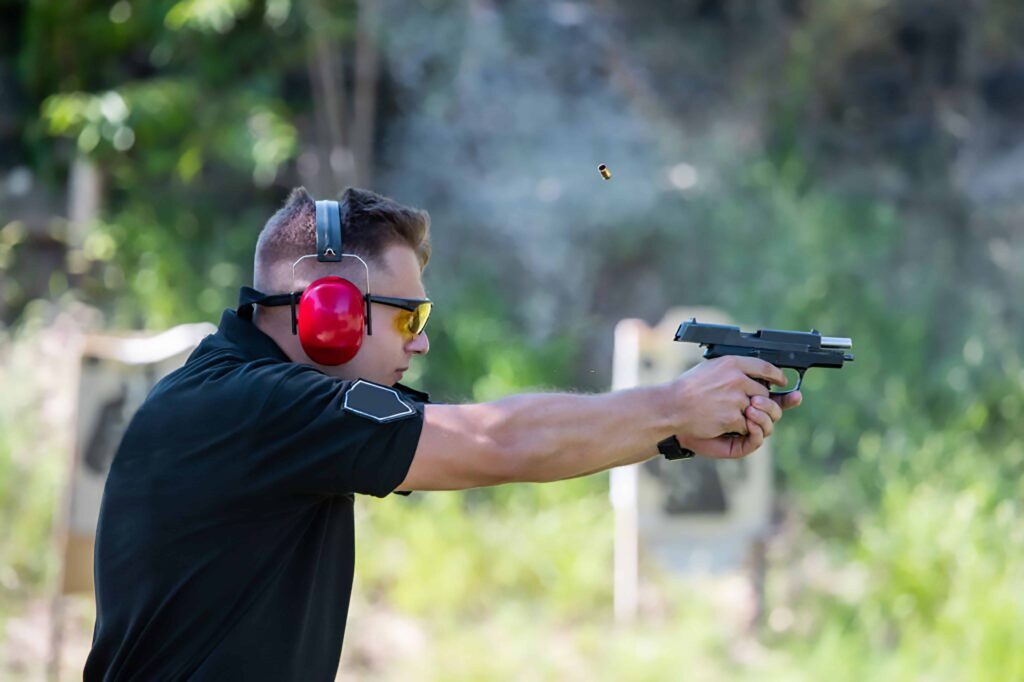
If you fire and hit a bad guy, there is a greater chance that he will stop doing evil things. Probably at least 95 percent.
The play X-Factor
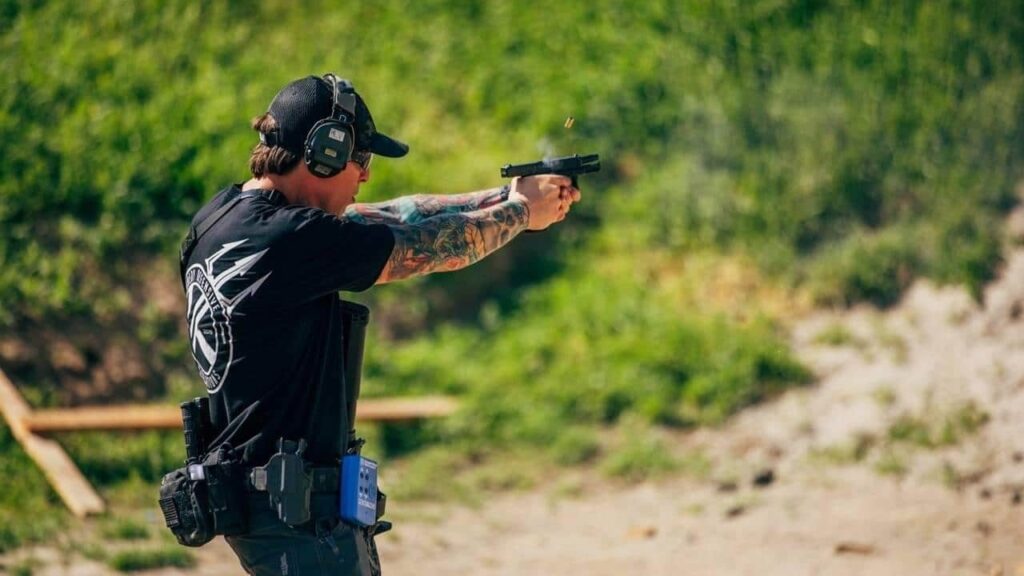
Of course, none of this takes into account villains who are under the influence of mind-altering medications and cannot fathom the dread or pain of being shot. If you are attacked by such a person while committing a felony, you cannot stop them by pointing a gun at them, firing at them, or even hitting them when you fire at them. In such a circumstance, you must shoot at them and strike them with a bullet capable of penetrating far enough to severely damage their vital organs, support structure, or nervous system.
Power to Halt Is Reconsidered
There is handgun-stopping power, but not in the way most people believe. The dread of being shot or shot creates the quickest and most reliable stopping power for pistols. When you must rely on accurate shot placement and a bullet’s ability to inflict sufficient damage or suffering to cause immediate incapacitation or the cessation of hostile actions, your chances of putting an end to a threat immediately are considerably reduced. Fear is the source of genuine, if incalculable, pistol-stopping power. Aside from that, the most crucial thing you can do is to shoot accurately and seek cover.

